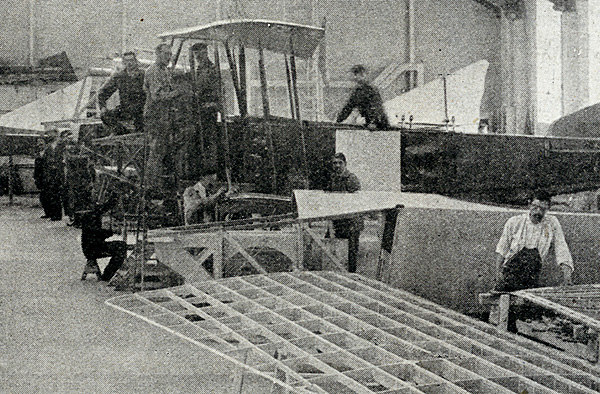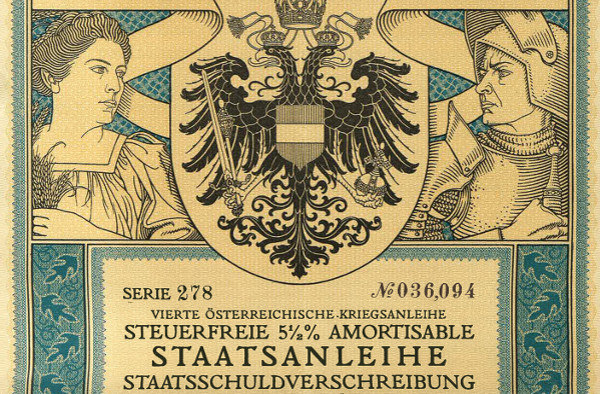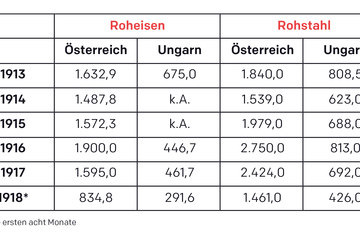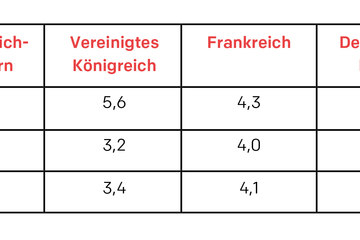The economy in the First World War
Apart from the American Civil War (1861-1865), the First World War was the first war in which economic superiority (and here above all the ability to completely mobilise the economy) was crucial for victory or defeat. Lasting more than four years, the war had both major political and serious social, economic and financial effects. The strain on the national product was greater in the countries on the losing side than in the victorious powers. In some countries of central Europe, attempts were made to change the social structure following the Russian October Revolution in 1917.









